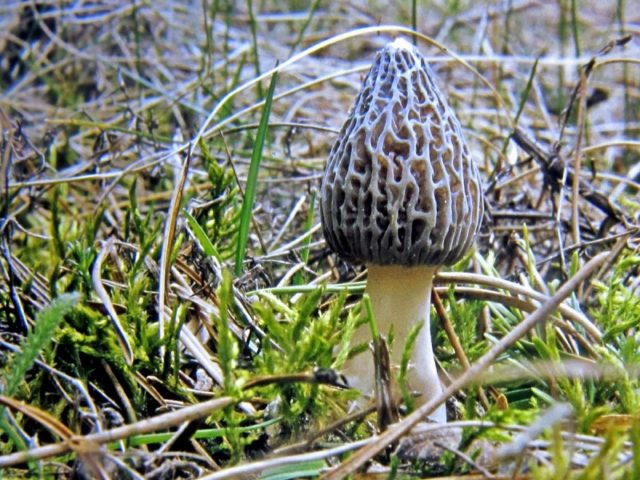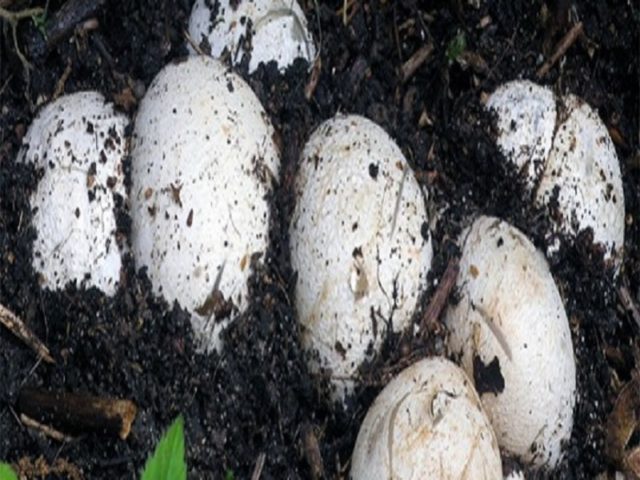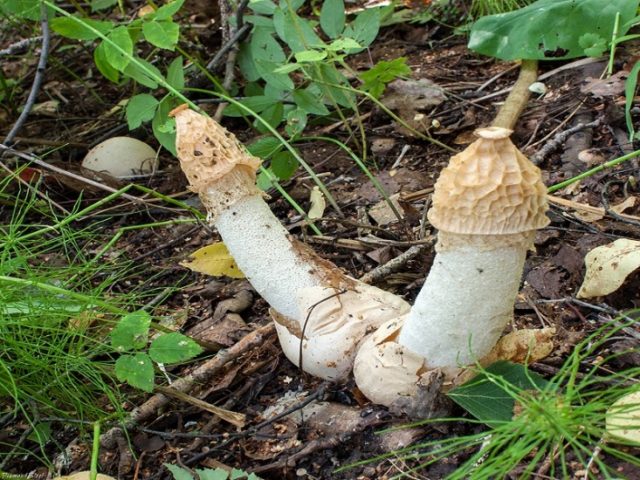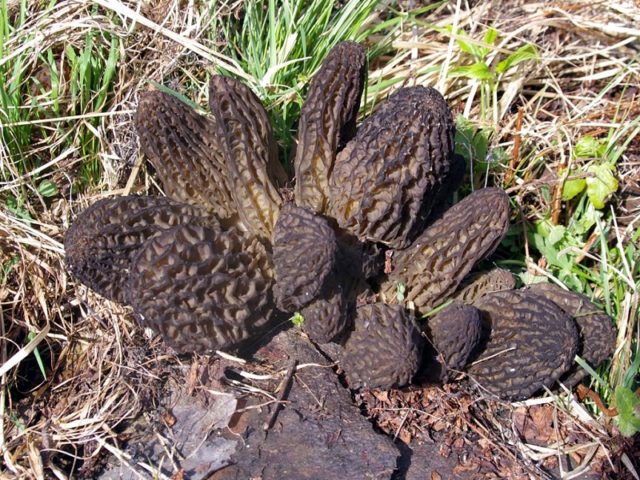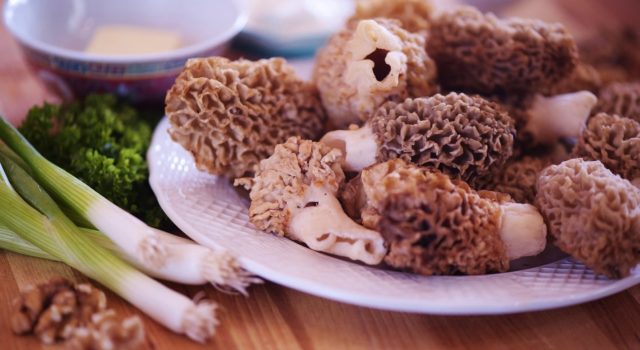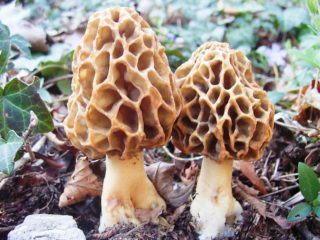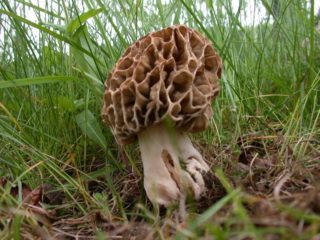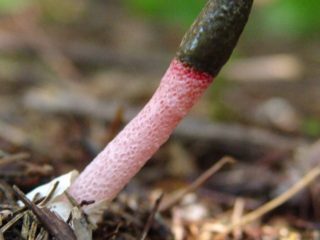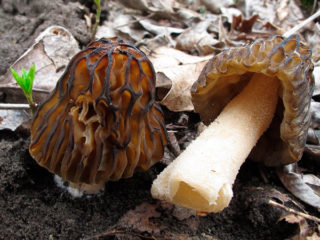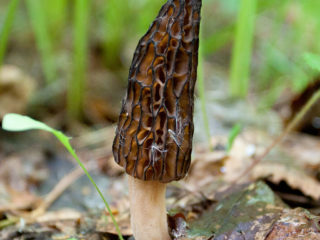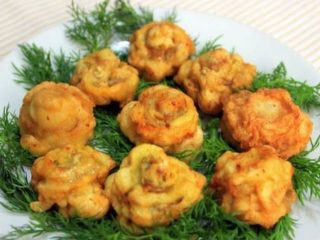Content
Morel conical - one of the earliest mushrooms that grow in coniferous or deciduous forests from late March to May.
This unusual, exotic species of mushroom has long been known as a delicacy. Even in ancient Rome, they were served at the table of emperors, and to this day, morels are used to prepare dishes for real gourmets.
Despite the high taste characteristics, this species is considered conditionally edible, so you need to know in what form it is eaten, what processing should be done before use in order to get only benefits from the use.
Where conical morels grow
To find conical morels, it is worth going to coniferous or deciduous forests in early spring. Mushrooms love warm, sandy and calcareous soils. From the end of March to May, they can be found in glades, dumps, in parks, in places of former fires, in clearings. Knowledgeable mushroom pickers find them in humid places: river floodplains, lowlands, swampy areas.
You can grow conical morels and at home. They feel good in the garden, where there is a carrion next to the old apple trees. At the same time, the culture does not grow under the berry bushes.
What conical morels look like
Morel conical (Morchella conica) belongs to the Morel family, class Pecicomycetes. The mushroom has no specific taste or smell. It has an original appearance, so it is rather difficult to confuse it with others.
The hat of the representatives of this type of honeycomb structure, conical shape. Together with the leg, it forms a single whole. Inside, the mushroom is hollow, its diameter is about 3 cm, height is 6 cm. The color can vary from gray to chocolate. The pulp is elastic, dries quickly. Spores are whitish-creamy.
According to the photo and description, the conical morel has a leg, empty inside, of a cylindrical shape about 5 cm long and 1.5 cm thick.When it dries, it changes its whitish-yellowish color to gray. There are grooves along the entire length of the leg. Their pulp is brittle, white, resembles wax in appearance, it has no smell.
Is it possible to eat conical morel
Morel conical for many years belong to the group of conditionally edible mushrooms, i.e. before use, it must be subjected to special treatment, having previously cleared of foliage, grass or earth, after washing and boiling for half an hour. After that, the water must be drained, and the mushrooms must be used as an addition to side dishes, as well as for soups, pickles and pickles. The product is quite suitable for drying.
There are several opinions about preparation for recycling. Many experts consider boiling unnecessary and impractical, since morels are absolutely harmless and do not contain gelwellic acid. Because of her, fruiting bodies were considered conditionally edible. But a few decades ago it was found that there is no such compound as helvelic acid in nature.The only reason for the need for boiling is the possibility of confusing these representatives with lines that are very similar to them and really contain a poisonous substance - gyromitrin. Both mushrooms appear at the same time, often end up in the same basket, in the markets they can be sold under the guise of conical morels.
Taste of the mushroom conical morel
Morel conical has a delicate flesh. It is believed that its taste is in no way inferior to truffles. For more than two centuries in European countries, they have been harvested as a delicious natural product. In our country, it belongs to the third group of mushrooms. According to this classification, the conical morel cannot be called poisonous, but it cannot be consumed without processing.
Benefits and harm to the body
Morels conical contain vitamins of group B, C, PP, polysaccharides. Due to their chemical composition, mushrooms have a positive effect on the body:
- help to strengthen the eye muscles;
- increase appetite;
- remove toxins from the body;
- normalize blood circulation;
- increase immunity;
- have an antibacterial effect.
Contraindications for use are diseases:
- hepatitis;
- ulcers of the stomach and duodenum;
- hyperacid gastritis.
False doubles of conical morels
The double bears several names: common veselka, smelly morel, or gouty.
The place of its growth is Europe and the entire territory of Russia.
The mushroom cap has a honeycomb structure, resembling a bell in shape. The top is covered with mucus to attract insects. Its color is green. The leg is white, porous, empty inside.
During growth, first a body appears from the ground in the form of a white egg. In this state, the mushroom stays from several days to a month, after which it grows in 30 minutes, reaching a height of 30 cm.
This species emits a disgusting smell of rotten meat, attracting insects for reproduction, which can be felt from 20 m away. After a couple of days, the false morel dies, turning into a pool of mucus.
In France, the mushroom is considered a delicacy, it is eaten raw in the egg phase or as soon as it grows.
Rules for collecting conical morels
The popularity of conical morels is explained by the fact that their collection begins in the spring, when there are no mushrooms yet. Experts advise to go on a "quiet hunt" when it gets warm and earrings appear on the aspens. It is quite difficult to find them in mixed forests, since they are skillfully camouflaged, and their light caps are hardly noticeable in last year's dry grass. If one mushroom is found, then several more will definitely be found nearby, but for this you need to change the point of view.
It is much easier to find conical morels in clearings and burned areas. Here they have a dark color and are clearly visible. Mushrooms like to hide in heaps of brushwood and settle there with whole families. Often they are found on the sides of roads, earthen dumps.
How to cook conical morels
It is customary to cook conical morels according to a certain algorithm:
- The mushrooms are thoroughly washed under running water, since sand is clogged in the folds and cells of the caps, which is rather difficult to remove from there.
- Water is poured into a saucepan, salted and brought to a boil.
- Morels are cut and immersed in boiling water.
- Cook for 30 minutes.
- Throw the mushrooms in a colander and wait for the water to drain from them.
Then they can be fried, salted, pickled, prepared salads, baked in pots, added to cereals.
Application in medicine
In addition to being used in cooking, conical morels have long been used in the form of decoctions, teas, and infusions in traditional oriental medicine.In India and China, the remedy was used to improve the functioning of the digestive system, increase immunity, and stop inflammatory processes.
In Russia, morels have found their application for the treatment of eye pathologies - myopia, cataracts, age-related decline in the quality of vision. For this purpose, the mushrooms are dried, a powder is prepared from them and 1/2 dessert spoon is used twice a day.
Tincture for blood treatment is prepared from several copies, which are washed, crushed and poured into a glass of vodka. After a month, it is filtered and used for 1 hour. l. twice a day with juice or other acidic drink.
Conclusion
Morel conical - an excellent mushroom that has a good taste, which does not require a long preparation for cooking. It is used as an auxiliary remedy and as a basis for many dishes. Collecting this variety is interesting and not difficult, the main thing is to follow the rules. Then even beginners easily find fruiting bodies, do not confuse them with false mushrooms and end up with wonderful dishes on their table.
